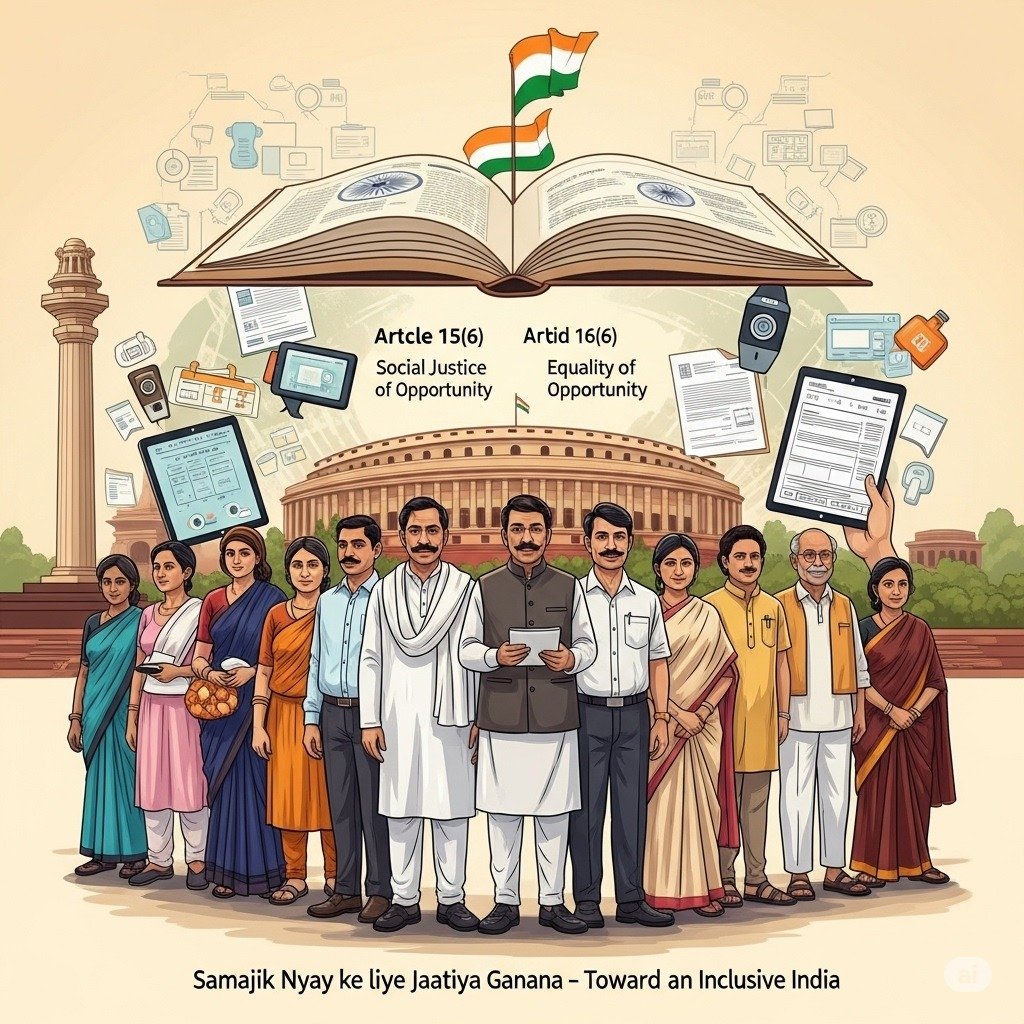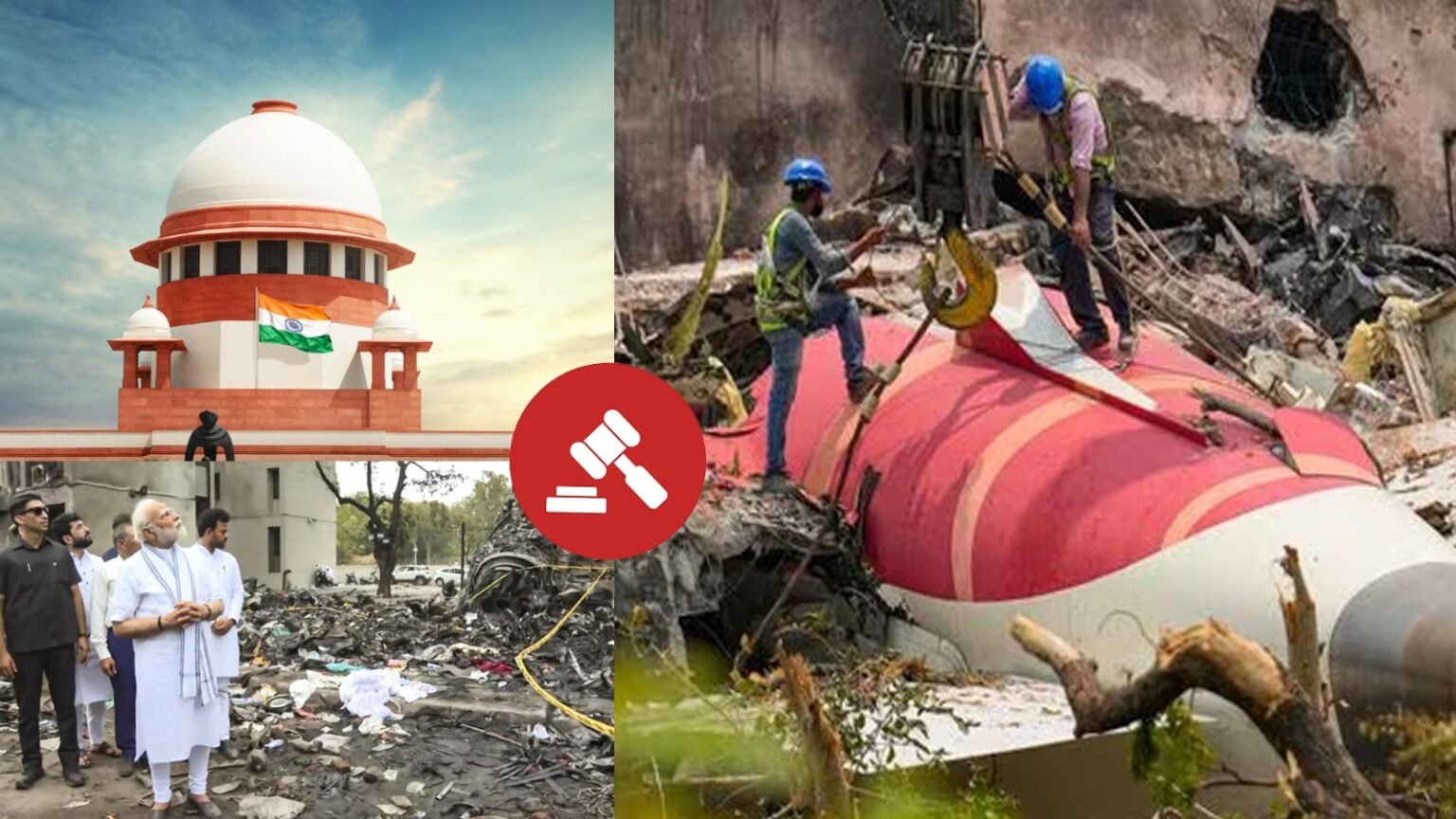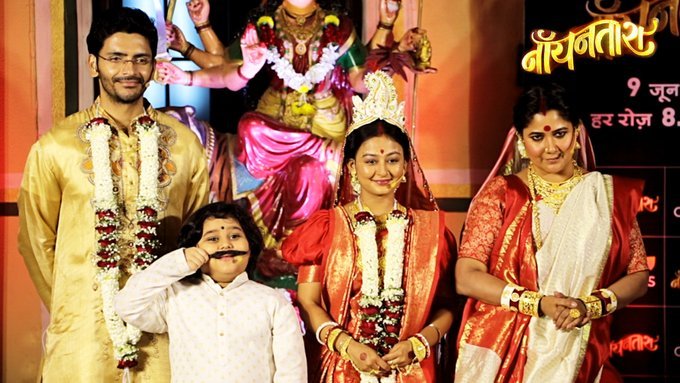– Ravi Prakash & Aditi Singh Tomar
The Central Govt. has notified the Census 2027 in its official gazette on 16th June 2025. The Census-2027 has been a subject matter of intense discussion due to the collection of ‘caste based data’ or ‘caste enumeration’ in the upcoming census nation-wide. The exercise also becomes important due to the fact that the last caste- based census took place in the year 1931 during the British regime. As it is evident in the social and political life of independent India that ‘Caste’ has remained one of the primary factor in the last 75 years. In a federal set up like India, the politics and in turn ‘law’ are shaped by certain definitive indicators including ‘caste’.
Law governing ‘Census’ in India
Under the constitutional scheme of India, having adopted a federal polity for governance, the legislative scheme as enumerated under Article 246 of the Constitution of India delineates ‘census’ as a subject matter in the Union List i.e. Entry 69 of it in the Seventh Schedule. The primary legislation to regulate the mammoth exercise of ‘Census’ in India is the Census Act, 1948 and the Census Rules, 1990 framed by the Office of the Registrar General & Census Commissioner of India (ORGOI) under the Ministry of Home Affairs. Another entry which is relevant and important in Union List of the Seventh Schedule is Entry 94 which deals with ‘Inquiries, surveys and statistics for the purpose of any of the matters in this List.’ It allows the central govt. to conduct survey and gather data for a variety of legislative cum executive function(s).
However, the ‘State’ as a federal unit is also empowered to collect data of its ‘population’ within the geographical boundaries for a myriad of functions- the power for which can be traced back to several entries including:-
(a) Entry 20 – Economic and social planning,
(b) Entry 23- Social Security and social insurance; employment and unemployment,
(c) Entry 24 – Welfare of labour including conditions of work, provident funds, employers’ liability, workmen’s compensation, invalidity and old age pensions and maternity benefits &
(d) Entry 30 – Vital statistics including registration of births and deaths
of the Concurrent List of the Seventh Schedule of the Constitution of India. It was the legislative power enumerated under the various entries of List III of the Seventh Schedule by virtue of which the Govt. of Bihar conducted a similar kind of exercise i.e. ‘Caste Survey’. The ‘caste survey’ exercise was challenged before the Hon’ble High Court of Patna in petition titled as Youth For Equality & Ors. v. State of Bihar & Ors. Civil Writ Jurisdiction Case No. 5542 of 2023, however, the same were dismissed vide Judgment dated 01.08.2023. The Hon’ble High Court of Patna has found the action of the Govt. of Bihar to be perfectly valid, initiated with due competence, with the legitimate aim of providing ‘Development with Justice’; as proclaimed in the address to both Houses of the legislative assembly.
Purpose of collection of ‘caste census’
It is a constitutionally imperative exercise to usher a new regime of social cohesiveness, inclusivity as pointed out in the cabinet committee on political affairs resolution that such an exercise would ensure that society becomes stronger economically and socially and the country’s progress continues without hindrance. It is also imperative to mention here that by virtue of Article 15 (6) and 16 (6) of the Constitution of India, the Central govt. has ensured 10 percent reservation in favour of economically weaker section of society which does not include ‘backward class’ of society.

The caste enumeration in recently notified Census 2027 becomes further important as the Census which was due in the year 2021 did not took off due to Covid- 19 pandemic and lockdown. So, the last Census was done in the year 2011. There were several demands from the State Governments of Bihar, Maharashtra and Odisha to collect caste details in the forthcoming census. Otherwise, the GOI has nit enumerated caste wise population other than SCs and STs since independence. The 2027 Census is supposed to be a ‘digital census’.
The Hon’ble Supreme Court of India in a case titled as Census Commissioner & Ors. v. R. Krishnamurthy, reported as 2015 (2) SCC 796 has observed following about the population enumeration :-
“Population Enumeration provides valuable information about the land and its people at a given point of time. It provides trends in the population and its various characteristics, which are an essential input for planning. The Census data are frequently required to develop sound policies and programmes aimed at fostering the welfare of the country and its people. This data source has become indispensable for effective and efficient public administration besides serving the needs of scholars, businessmen, industrialists, planners and electoral authorities, etc. Therefore, Census has become a regular feature in progressive counties, whatever be their size and political set up. It is conducted at regular intervals for fulfilling well-defined objectives. One of the essential features of Population Enumeration is that each person is enumerated and her/his individual particulars are collected at a well-defined point of time.”
However, the Caste based data as collected in the Census 2011 was termed as a ‘policy decision’ of the Central Govt. and hence, a discretionary decision as whether to make the ‘caste data’ public or not.
The Controversy
The controversy related to recent gazette notification dated 16th June 2025 is absence of word or expression ‘caste based enumeration’ or mention of the word ‘caste’. The commitment of central government to begin such mammoth exercise in a diverse and plural country like India is being questioned. However, the official press release dated 04 June 2025, 30 April 2025 through ‘Press Information Bureau’ mentions the decision of cabinet committee on political affair about the ‘caste based enumeration’ in forthcoming census. The official gazette notification states that the reference date for UT of Ladakh and snow bound non- synchronous area of the UT of J&K and state of H.P. & Uttarakhand is 01st October 2026 whereas for the rest of India is 01st day of March 2027. However, overall, a massive political will is required to conduct such exercise.
***
[Declaration – This note is not exhaustive nor constitute ‘legal advice’ in any manner. It just give overview of the legal framework. The readers are advised to have legal opinion and advise based upon their unique facts and circumstances of the case.]
* Ravi Prakash is an Advocate on Record based at New Delhi and practice law at Supreme Court of India & Aditi works as researcher with O’RP – Office of Ravi Prakash.













